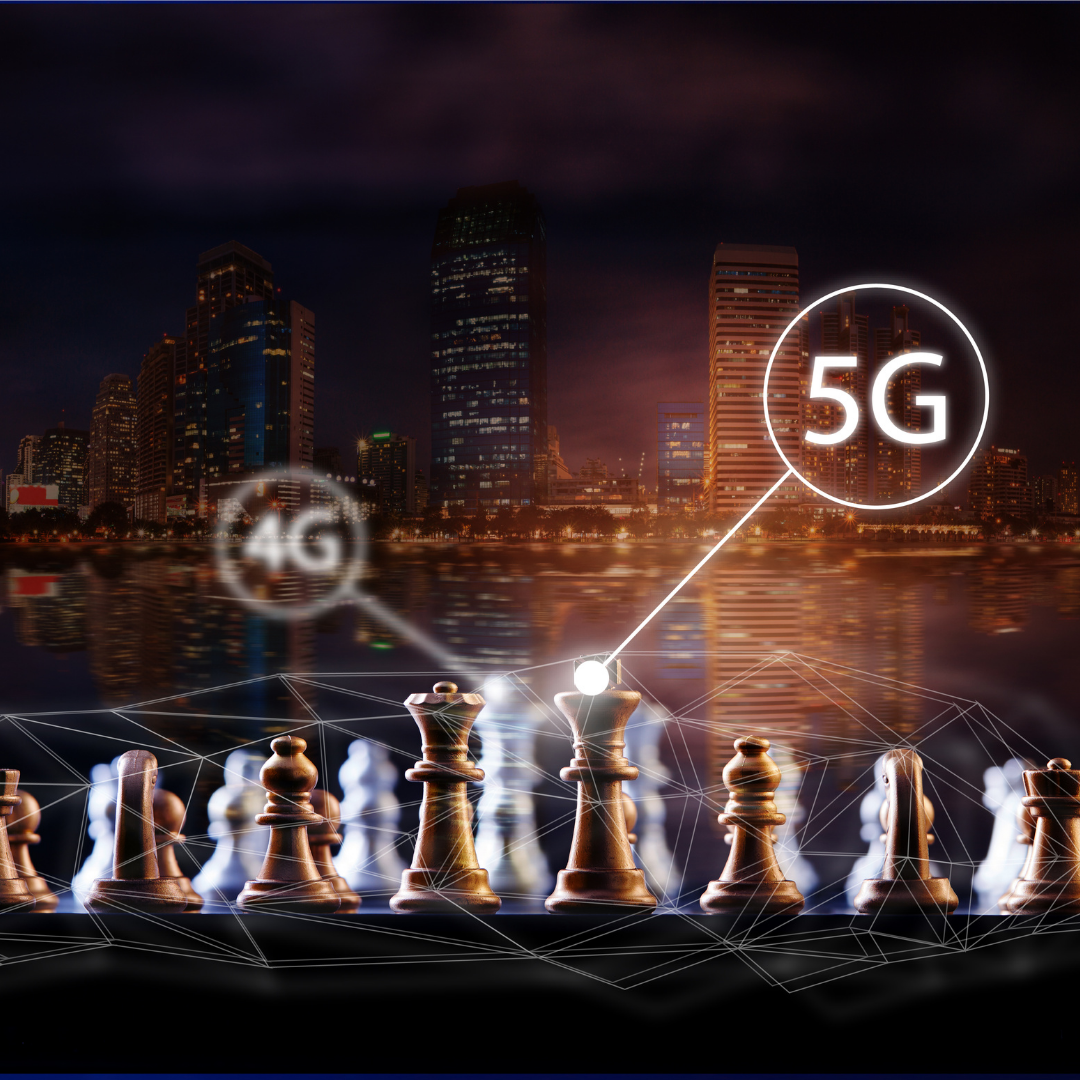Internet usage continues to rise as mobile and online services expand their reach throughout the world. The internet of things (IoT) has gotten off to a faster start than previous technological revolutions, and things are only expected to get busier as we move into the next decade. As smartphone use becomes more and more prevalent, the need for speed and efficiency in the delivery of data (with the help of fast internet packages such as ATT Bundles) has never been greater.
That’s why, in the last few years, we have seen a renewed focus on 5G, the next generation of wireless network technology.
What is 5G?
5G comes in many forms. Many of our readers will be familiar with the term “5G networks”. But what does this mean, really? 5G is a term used to describe the next generation of wireless technology that is making its way into our homes and businesses. But what does it mean for businesses?
The 5G revolution is the next step in the evolution of cellular communications. It’s more than just cell phones and tablets: it will help enable connectivity in cars, airplanes, homes, offices, hospitals, schools, and just about anywhere else. This revolution will redefine our world, and it will happen in a relatively short amount of time.
The 5G network will be a game-changer for small businesses that want to take advantage of the next step in technological evolution. Some of the main benefits will be huge reductions in latency and unreliable connections, which will allow your business to operate more efficiently and effectively.
The 5G and Business Opportunities
5G is the latest wireless standard, and it promises to be a game-changer for consumers. While 5G isn’t exactly a new thing, what’s different about this version is that it’s going to offer speeds much faster than anything we’ve seen before.
That’s great news for consumers, who will be able to stream high-quality video, send and receive emails and text messages, and use applications at blazing speeds.
- Internet of Things
The technological innovations of wireless connectivity and the Internet of Things (IoT) are not simply transforming the way we live but transforming our lives in ways that will have an impact on every business and industry. We can see more and more companies adapting cloud computing technologies with the help of firms like Logicata, and with that, leading the way for remote sensor and IoT technology, making access to information faster and easier.
At the center of this revolution is 5G, a new generation of wireless technology that will enable a plethora of innovative and connected solutions.
- Bringing innovations in Rural areas
One of the biggest benefits of 5G is its potential to reshape our daily lives and the way we work – in the ways that matter most to the way our world works today. Some experts expect urban centers to be the biggest beneficiaries, while rural areas could see the biggest changes. For example, in small towns across the country, people rely on their own phones to do everything from banking to buying groceries. Should 5G make these kinds of tasks even easier, the impact could be huge.
- Remote Working
Smartphone usage has exploded in the past few years, and the high demand for bandwidth is spurring wireless carriers to develop faster and more reliable mobile networks-while also paving the way for new kinds of businesses to enter the market. With the promise of faster 5G networks, enterprises are moving their operations to the cloud, and remote working is becoming a more viable option, as they can conduct business from their home office, every aspect of which can be controlled locally. Ample help from companies like this it service provider Lincoln and other places, is making it easier than ever for businesses of all kinds to establish a mobile-first remote work environment that provides flexibility and helps improve productivity across the organization. People may also have the ability to customize their remote work environment with accessories artwork and possibly even wall decals. This might be helpful in bringing out creative sides in employees that are unique to each individual.
Most people are aware of the internet of things, or “internet of ‘things,” but many people don’t know exactly what that means. The Internet of Things is quite simple: the internet is used to connect different devices to each other. If someone is your friend on Facebook, your phone can tell your Facebook contact that you’re on a phone call, and your phone can also tell the friend that you’re on a phone call, so your friend knows to keep the phone call short. The same thing happens with your home’s smart thermostat, your car’s wireless radio and your connected thermostat, and so on.
- Augmented Reality and Virtual Reality
We live in the “golden age of wireless communication” with the advent of 5G, the new generation of mobile networks that can provide a much faster and more reliable connection than current networks. Our imaginations only limit the applications for 5G. Take virtual reality and augmented reality, for instance: will these two technologies work together, allowing for a seamless experience in which you seamlessly move from one to the other without having to leave the world you are in? The possibilities are exciting.
5G will be the next major wireless technology that will enable the Internet of Things, connected machines, self-driving cars, smart cities, and many other businesses that require reliable and fast wireless data. The promise of 5G is that it will provide a much faster data transfer rate, which will allow industries to use the Internet of Things to create new services and applications.

